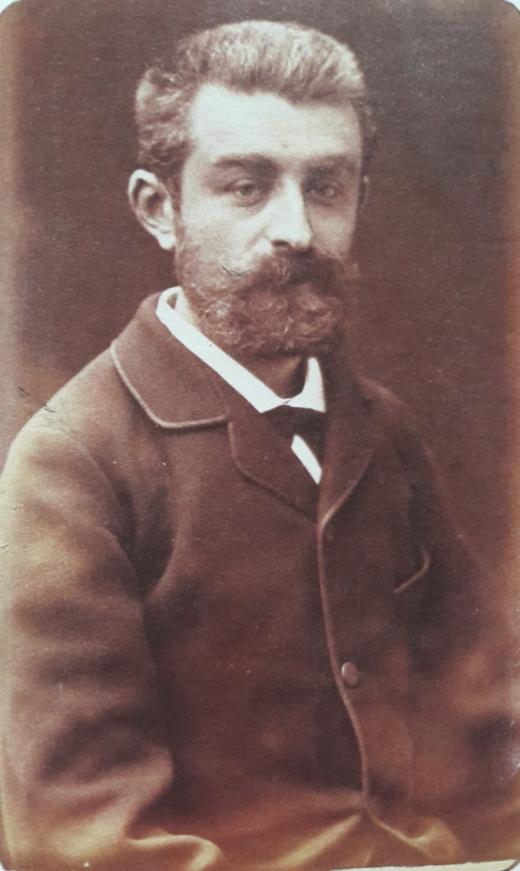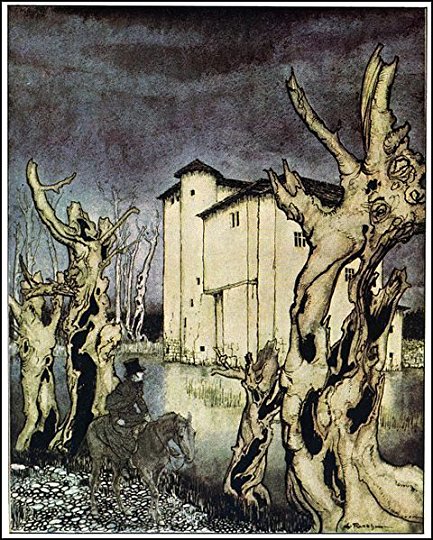‘Interiority’ implies self-acceptance. The desired interiority means that fully functioning, self-actualizing, fully human people not only are aware of physical, psychological, and spiritual hungers and activities, but also accept them as good. Such people are “at home” with their bodies, their tender as well as hostile emotions, their impulses, thoughts, and desires.
Not only are fully human people “at home” with what they have already experienced within themselves, but they are open to new sensations, new and deeper emotional reactions, changing thoughts and desires. They accept their inner condition as forever changing, since growth always involves change. Their ultimate destiny as human beings, that is, what they will become at the end of their lives, is delightfully unknown….Their potential selves, newly actualized every day by new experiences, cannot possibly be defined at any one stage of their growth.
Full human people accept what they are, physically, emotionally, and intellectually. They know that they are, as far as it is known to them, good. They know that their potential selves are even greater. They are, however realistic about their limitations; they do not dwell in dreams of what they want to be and spend the rest of their lives convincing themselves that they are these things. They have listened to, explored and loved what they actually are. And each new day this experience of themselves will be as new as the day itself because they are forever changing, self-renovating personality. They trust their own abilities and resources, confident that they can adapt to and cope with all the challenges that their lives will present.
This kind of self-acceptance empowers people to live fully and confidentially with all that goes on inside them. They are afraid of nothing that is or a part of themselves.
Exteriority implies an openness not only to the self within but to the environment without. Fully human people are in deep and meaningful contact with the world outside themselves, to the voices of their world. The breadth of their own individual experience is infinitely multiplied through a sensitive empathy with others. They suffer with the suffering, rejoice with the joyful. They are born again in every springtime, feel the impact of the great mysteries of life: birth, growth, love, suffering, death. Their hearts skip along with the “young lovers” and they know something of the exhilaration that is in them. They also know the ghetto’s philosophy of despair, the loneliness of suffering without relief. The bell never tolls without tolling in some strange way for them.
“Create in me, O God, a listening heart,” the psalmist prays.
The opposite of this openness is a type of “defensiveness.” This defensiveness hears only what it wants to hear, according to its own preconceived structure and bias. It sees only what it wants to see. Defensive people cannot be growing persons because their world is no bigger than themselves, and the circle of their horizons is tightly closed.
‘Exteriority’ reaches its peak in the ability to ‘give love freely,’…an absolute need to be loved (infancy) toward a full readiness to give love (maturity), with all sorts of stages in between…the unions of love, points out two pitfalls that can stifle human growth: a complacent satisfaction that settles for that which already is, and, at the other extreme, a restless activity that goes from distraction to distraction in search of something beyond. The result…is always self-estrangement. In love we must possess and savor that which is, and simultaneously reach out to possess (to love) the good more fully. This is the balance achieved by full human beings. It is the balance between “what is” and “what is to come”.
Fully human beings, in their love, do not identify themselves with what they love, so these loved things are not extensions of themselves. Gabriel Marcel, in his book ‘Being and Having’ laments that our civilization teaches us how to take possessions of things, when it should rather initiate us in the art of letting go. There is neither freedom nor real life without an apprenticeship in dispossession. Father John Powell ‘Why Am I Afraid to Tell You Who I Am?’.
Reading the words, instructed to read the words through relations with a group of amiable men seeking self-improvement, I embrace the reading effort, yet there is a leeriness. The malleability defined by Father Powell is welcomed. The acceptance and comprehending of limitations, understanding who I am within the rejecting of delusion and negativity, wonders if the term ‘fully human being’ is necessary. The establishing of this breathing and walking marvel of human magnificence appears idealistic, attached to potentialities of grandeur rather than honesty and humility. Cautious of defensiveness, I recognize it is not who I am. Father Powell’s words: “They are afraid of nothing that is or a part of themselves” are distant to me. I cannot embrace them. I am aware they can be explained, yet I do not feel safe with the idea. I am afraid of many of my thoughts. I am afraid where my thoughts have taken me in the past, realizing the possibility of self-destruction. With respect and love, I am fearful of myself. Avoiding negativity, seeking truth, I contemplate the scandals in Father Powell’s life. The lack of sexual boundaries with women he was tendering care to seemingly points to a mindset emboldened with a sense of false truth, a confidence bolstered by the idea of infallibility. Based solely upon intention, a feel-good pursuit of comforting interaction, I would suspect his indiscretions were not so much a selfish quest for pleasure, although in honesty that must be recognized as a part of it, the underlying motivation, I am confident, was a misguided effort to bring a deeper meaning into another’s life. With growth in mind, I think a fear of ourselves is healthy when revealing the love of God within our lives. We don’t need to look longingly toward the idea of “fully human beings’ as inspiration and potentialities, rather a surrender to mystery, a loving appreciation of the Divine, the perfection of God, and the stimulus of a dogmatically proclaimed human perfection in Our Loving Mother. In prayer, we can contemplatively move outward with meekness to Mary’s husband Joseph, beholden to the saints. Anyway, thoughts for now. In order to be a ‘fully human being’, maybe we need to lose the idea of being fully human.








Recent Comments